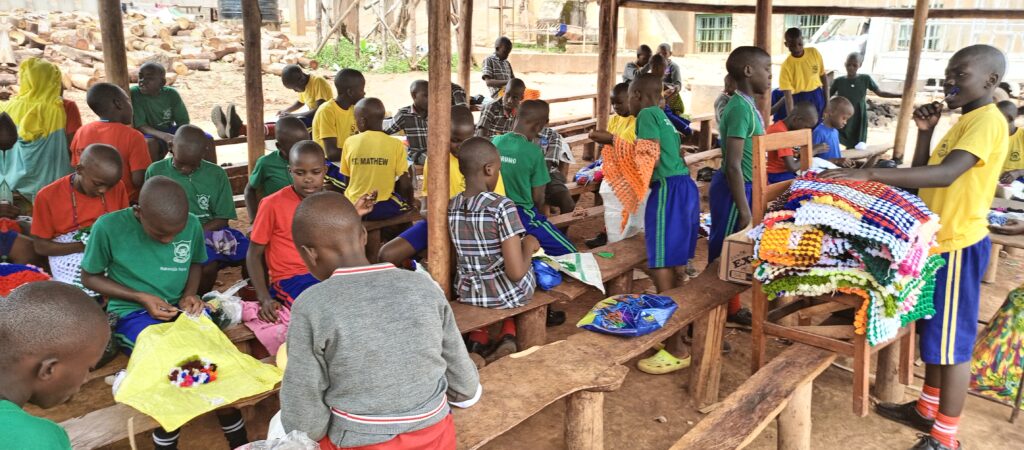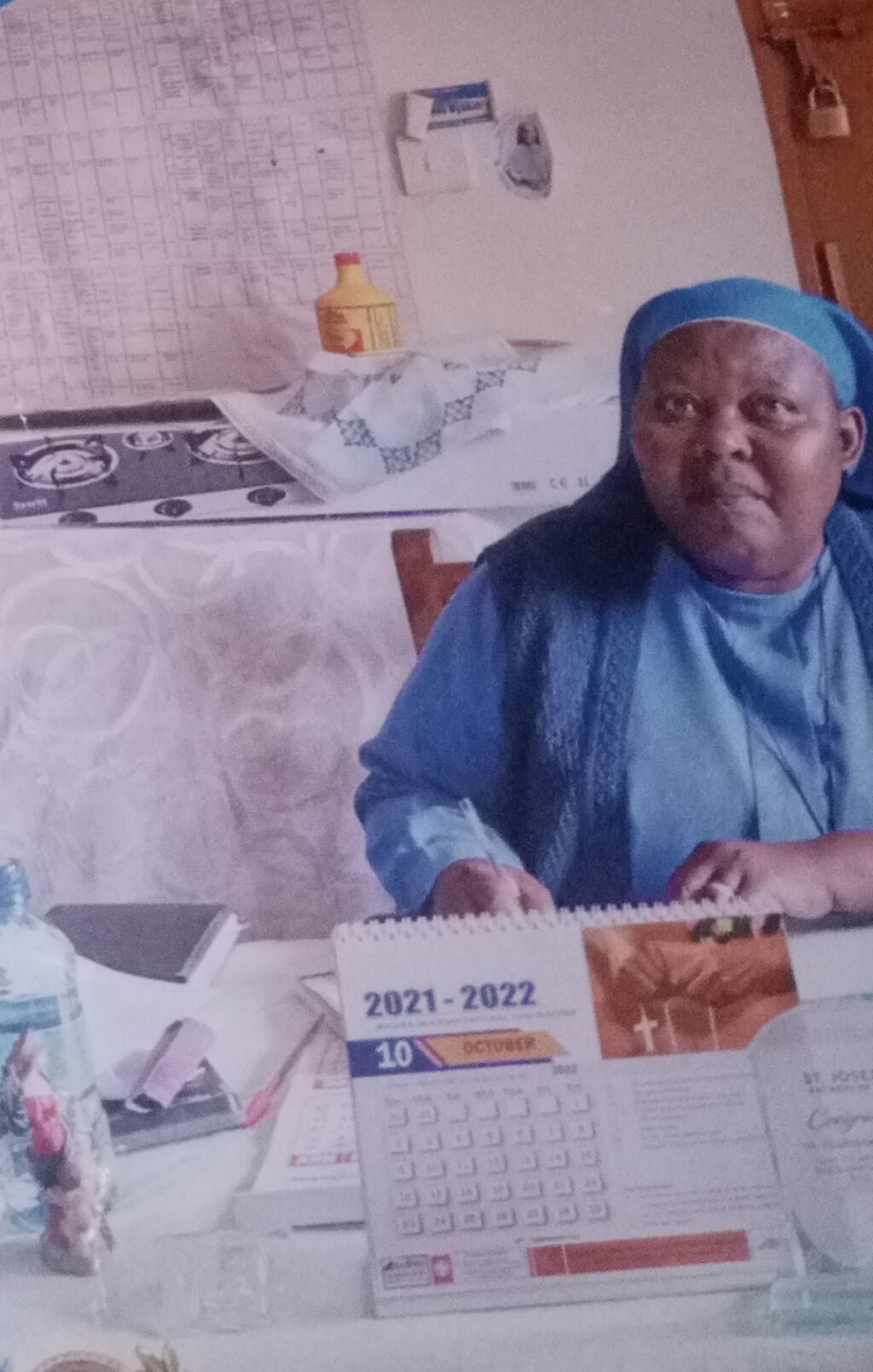Uganda
Education, Human Trafficking
$35,000 Goal
Summary of the Situation
St. Mary Immaculate Villa Maria Primary School, located in a rural district, serves primary pupils ages 3-13. Some pupils are orphans; many come from low-income farming families. Attendance depends on the growing calendar; many pupils work on their family farms to help increase crop yields and income. Most families cannot pay the school fees and contribute only $6.25 per year per student. Some students had been sponsored by non-governmental organizations that paid their school fees; however, these NGOs are winding down their involvement in rural Uganda and will stop funding students.
The Ugandan government is emphasizing one of the United Nations’ Sustainable Development Goals of 2030: addressing the root causes of poverty and skills development in education institutions. However, the funds to build skills development buildings/training centers in schools are not provided.
Currently, the school is facing the challenge of not having a conducive learning environment for the students to use for their practical lessons; therefore, they plan to build a vocational skills development block for the vulnerable rural students to be used to teach job skills to primary school pupils (e.g., hairdressing, tailoring, and other skills). Skills development education will continue into the secondary school program, hoping that more students will continue their education and build their skills to find work after graduation. Currently, most pupils do not attend secondary school because they need to work on their family farms, and their families cannot pay the school fees. However, now the attitude of parents is changing toward secondary education. COVID-19 and the resulting rise in the unemployment rate have changed families’ attitudes toward secondary education, including skill development and job training. A pupil who has received preliminary job/skills training in primary school now has a better chance of attending secondary school because of the emphasis on practical job skills for students.
How will the funds be used?
Build an addition to the school that will be the vocational skills learning center. The teachers and community instructors will use a new vocational skills development center to continue training primary students in a more conducive environment using entrepreneurship and apprenticeship education approaches. The newly constructed facility will be targeting primary students between the ages of 7-13
The funds will equip the vocational skills learning center with sewing machines and hairdressing equipment for training young students.
The Sisters’s Response
The Sisters at St. Mary Immaculate Villa Primary School plan to continue supporting rural vulnerable and marginalized children. They will equip the students with practical skills and financial literacy and purchase sewing machines and hairdressing equipment to train young students. Currently, the sisters in the administration are doing this training because they do not have a building they can use for this purpose. The teachers and community instructors will use a new vocational skills development block to continue training primary students in a more conducive environment using entrepreneurship and apprenticeship education approaches. This project is their response to the United Nations’ Sustainable Development Goals of 2030, particularly addressing the root causes of poverty. This new facility will promote social and economic empowerment and greater gender equality for school girls.
Systemic Impact
Uganda has set admirable new standards for its schools as part of the Sustainable Development Goals. It encourages vocational training beginning in primary school. However, it is not providing the funding to help the schools move to these new standards. In 2023, the Uganda National Council for higher education plans to integrate the primary school curriculum into practical skills and test learners’ competencies.
Serving low-income farming families and orphans, the St. Mary Immaculate Villa Maria Primary School, operating with minimal funding since 1910, struggles to provide an education to students whose families and sisters can only afford to make modest contributions towards running the school. The school has been operating since 1910.







